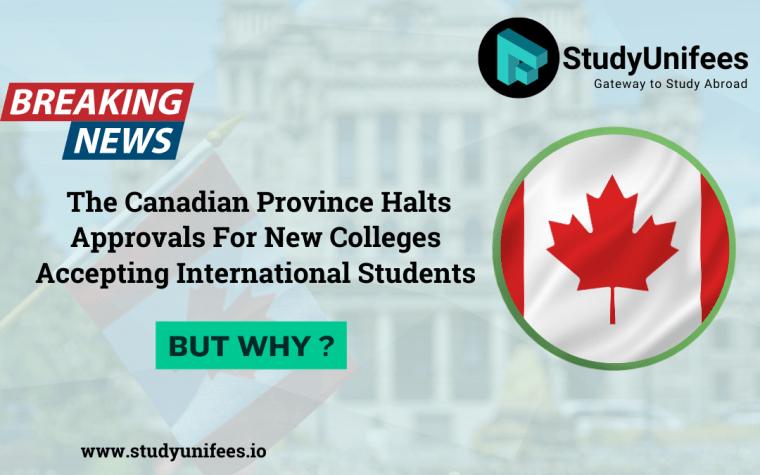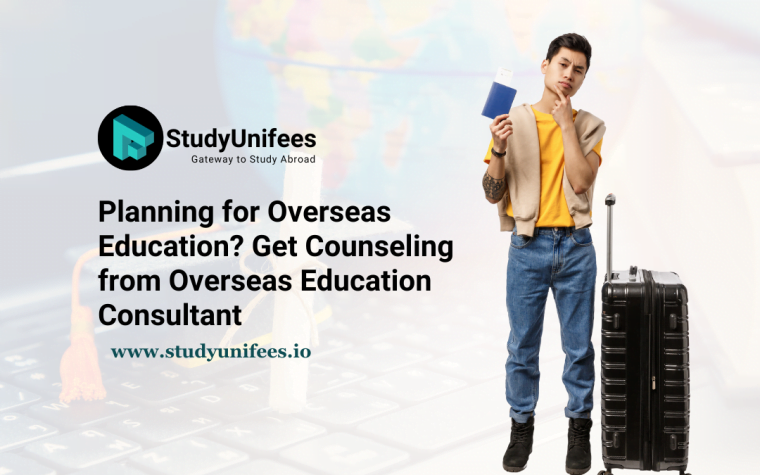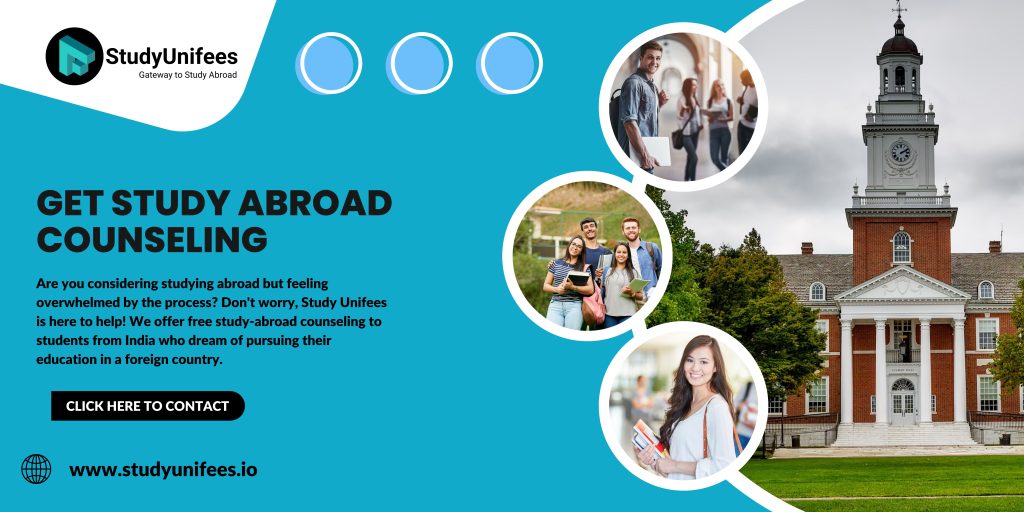Are you considering pursuing higher education in Germany? If so, one of the most critical aspects of your application process is crafting a compelling Statement of Purpose (SOP) for Germany. Your SOP for Germany plays a pivotal role in showcasing your academic achievements, career aspirations, and suitability for the program you’re applying to. In this blog post, we’ll delve into the essential elements of writing a perfect SOP for German universities, offering tips and insights to help you stand out from the crowd.
Understanding the Importance of SOP for Germany: Your SOP for Germany serves as a personal narrative that highlights your academic journey, professional experiences, and motivations for pursuing further studies in Germany. Admissions committees use your SOP to evaluate your suitability for the program, assess your communication skills, and gauge your potential as a student and future professional.
Key Components of SOP for Germany: Introduction: Begin your SOP for Germany with a concise introduction that outlines your academic background, career goals, and reasons for choosing Germany as your study destination. Clearly state the program you’re applying to and why it aligns with your interests and aspirations.
Academic Background: Provide a brief overview of your academic qualifications, including your undergraduate degree, relevant coursework, and any research projects or academic achievements. Highlight any academic strengths or areas of specialization that are relevant to the program you’re applying to.
Professional Experiences: Discuss any relevant professional experiences, internships, or research positions that have shaped your academic interests and career goals. Highlight specific skills, knowledge, or insights gained from these experiences that are relevant to your proposed field of study.
Motivation and Goals: Clearly articulate your motivations for pursuing further studies in Germany and how they align with your long-term career goals. Demonstrate your passion for the field of study and your commitment to academic excellence and professional development.
Fit with the Program: Explain why you believe the program you’re applying to is the right fit for you and how it will help you achieve your academic and career objectives. Discuss specific aspects of the program, such as faculty expertise, research opportunities, or curriculum structure, that appeal to you.
Research Interests (if applicable): If you’re applying for a research-based program, outline your research interests and potential research topics you’d like to explore during your studies. Discuss any relevant research experience or projects you’ve been involved in and how they have prepared you for graduate-level research.
Closing Statement: Conclude your SOP for Germany with a strong closing statement that summarizes your key points and reiterates your enthusiasm for the program and your commitment to academic and professional success. Express your gratitude for the opportunity to apply and your confidence in your ability to contribute positively to the academic community.
Tips for Writing a Compelling SOP for Germany:
- Be concise and focused: Keep your SOP for Germany succinct and focused, avoiding unnecessary details or tangents.
- Be genuine and authentic: Write in your own voice and be honest about your motivations, experiences, and aspirations.
- Tailor your SOP to each program: Customize your SOP for each German university and program you’re applying to, highlighting specific aspects of the program that appeal to you.
- Proofread and edit: Take the time to carefully proofread and edit your SOP for Germany to ensure clarity, coherence, and correctness.
Sample SOP for Germany: (Your Name) (Applying for Master’s in (Program Name))
Introduction: I am writing to express my keen interest in pursuing a Master’s degree in (Program Name) at (University Name) in Germany. With a strong academic background in (Your Field of Study) and a passion for (Related Interest or Field), I am eager to embark on this academic journey and further my knowledge and skills in (Specific Area of Interest).
Academic Background: I completed my undergraduate degree in (Your Field of Study) from (Your University) with distinction. Throughout my academic career, I have been fascinated by the intersection of (Your Field of Study) and (Related Field or Discipline), particularly in the context of (Specific Aspect or Area of Interest). My coursework in (Relevant Courses) has equipped me with a solid foundation in (Key Concepts or Skills) and prepared me for advanced study in this field.
Professional Experiences: In addition to my academic pursuits, I have gained valuable professional experience through internships and research projects. I had the opportunity to (Briefly Describe Professional Experience 1) at (Organization Name), where I developed strong analytical and problem-solving skills while working on (Specific Project or Task). This experience reinforced my interest in (Your Field of Study) and motivated me to pursue further studies in this area.
Motivation and Goals: My decision to pursue a Master’s degree in (Program Name) is driven by my passion for (Specific Aspect or Area of Interest) and my desire to contribute to advancements in this field. I am particularly interested in (Specific Research Topic or Area) and am excited about the opportunity to explore this further through (University Name)’s renowned (Program Name) program. I believe that this program will provide me with the theoretical knowledge, practical skills, and research opportunities needed to achieve my long-term career goals in (Your Career Aspiration).
Fit with the Program: I am impressed by (University Name)’s reputation for excellence in (Program Name) and am particularly drawn to the program’s (Specific Program Feature or Strength). The opportunity to learn from renowned faculty members and collaborate with fellow students who share my passion for (Your Field of Study) is immensely appealing to me. I am confident that (University Name)’s dynamic and interdisciplinary approach to (Program Name) will provide me with the ideal environment to thrive academically and professionally.
Closing Statement: In conclusion, I am excited about the prospect of studying at (University Name) and am eager to contribute to the academic community through my research, coursework, and extracurricular activities. I am confident that my academic background, professional experiences, and passion for (Your Field of Study) make me a strong candidate for the (Program Name) program. I am grateful for the opportunity to apply and am eager to embark on this transformative academic journey in Germany.
Sincerely, (Your Name)











